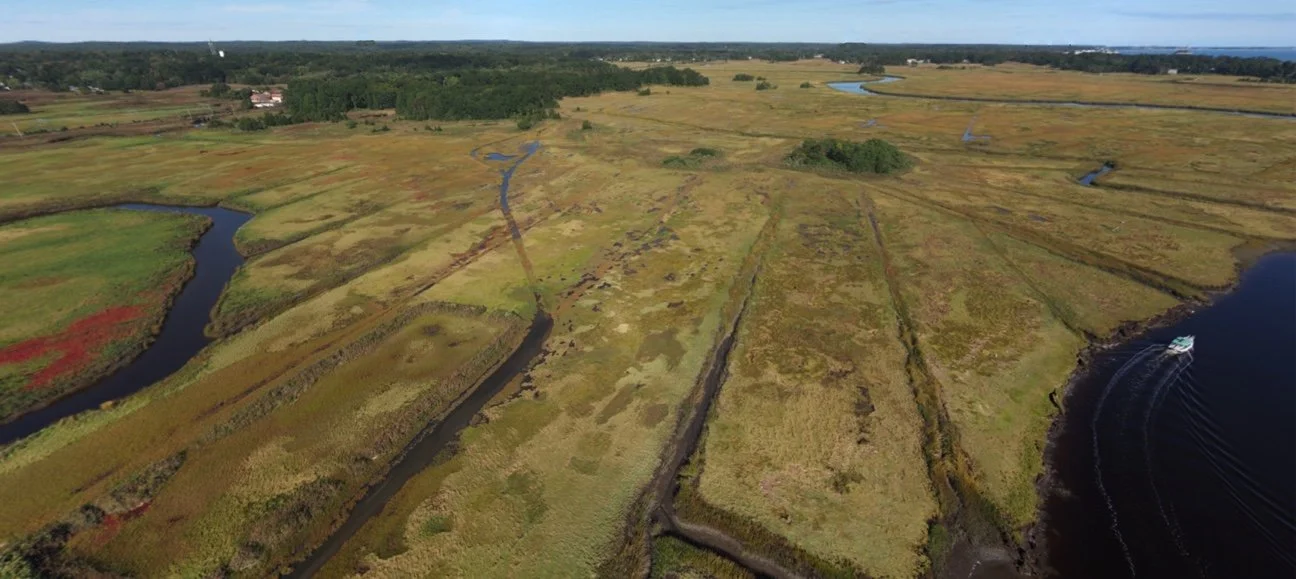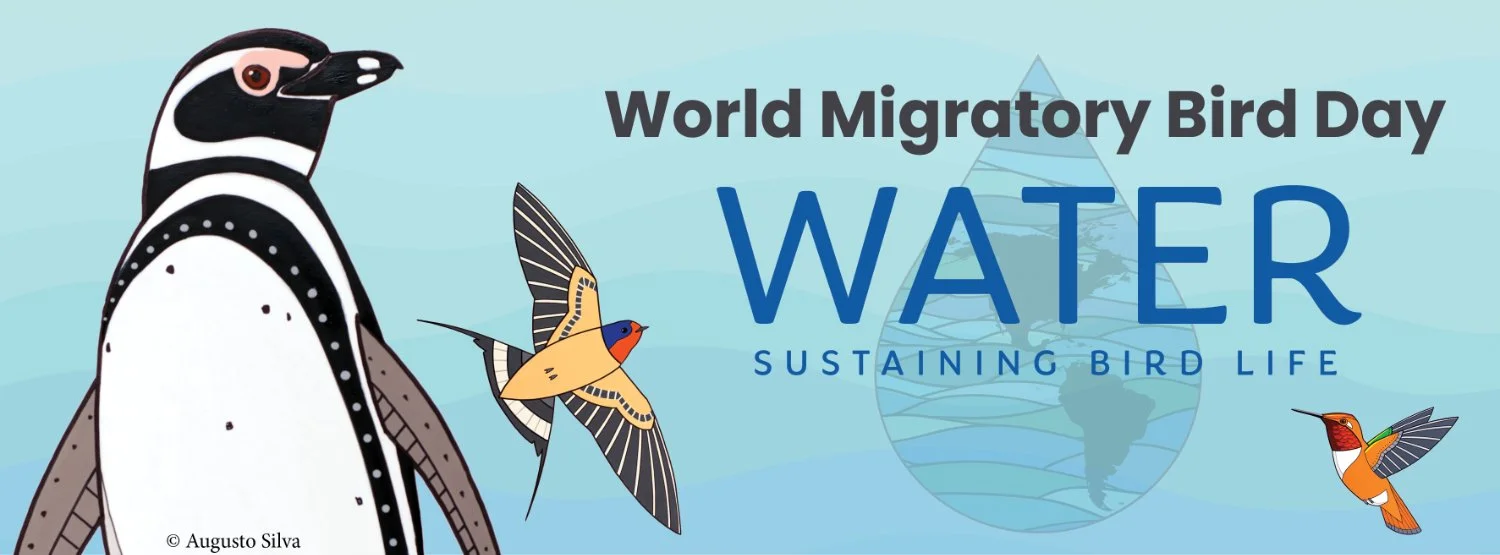In the 2023 session the Connecticut State General Assembly and the Governor took a major step to protect migratory birds in Connecticut by passing and signing the “Lights Out Bill” (Act 23-143). This bill which requires that State building turn off unnecessary lighting between 11 pm and 6 am, moved unanimously through the Environment Committee, the Connecticut House of Representatives, and the Connecticut Senate. There are two big reasons why it passed so easily: your advocacy efforts AND this bill is a great piece of legislation.
However, this is just a start.
Millions of birds pass through Connecticut every spring and fall on their way to and from their summer nesting grounds. Because our state is located along the Atlantic Flyway, many birds use our shorelines and green spaces to rest and refuel during their trip.
Most migrating birds pass through Connecticut at night. Generally, nighttime hours are calmer and safer for migrants. Temperatures are cooler, skies are less turbulent, and predators are less active. Landing at daybreak allows for optimal foraging, as insects become active. And many scientists believe that birds navigate by the light of the moon and stars.
But light pollution has wreaked havoc on our night sky. Artificial light emitted by buildings, street lights, bridges, and other structures can confuse and disorient birds, causing them to land near buildings, crash into windows, and/or circle around for hours until they drop from exhaustion. This can be made worse by weather patterns that force them to fly lower, closer to buildings.
The result is catastrophic: Nearly 1 billion bird deaths in North America each year.
The “Lights Out Bill” only applies to state-owned buildings and does not go far enough to darken our night skies. We need city and state policies that apply to ALL buildings and homes, not just state-owned buildings. The Lights Out Connecticut bill’s great strength is that it serves as a strong example for towns, cities, business owners, universities, building owners, and families to shut off their non-essential lights for the birds and to save money. It shows massive popular support for rules that can tackle light pollution, biodiversity loss, and climate change in one law.
Our next step is to take the state’s example to the local level. We need grassroots efforts in all 169 towns and cities in Connecticut to make dimming lights effective at saving birds.
Join Craig Repasz and Meredith Barges to learn more about the problem of light pollution, its affect on birds and other wildlife, and what we can do to continue the progress made so far by organizing local Lights Out initiatives.
Craig is co-chair of Menunkatuck’s Lights Out! Connecticut program. He has been the volunteer coordinator for the Connecticut Bird Atlas. He is also the President of the Friends of Stewart B McKinney NWR, an organization devoted to supporting this important refuge. He enjoys backpacking and conducts Mountain Birdwatch surveys for the Vermont Center of Ecostudies, focusing on the Bicknell’s Thrush and other high elevation species.
Meredith is the other co-chair and is an MDiv candidate at Yale Divinity School finding new ways to support healthy communities through greater care for wildlife and our one Earth home. Currently, she is a policy researcher for the Yale Bird-Friendly Building Initiative, which aims to accelerate the adoption of bird-friendly building policies. She helped to convince Yale Divinity School to join Lights Out in 2021. She is also the recipient of a LEAP grant from the Yale Law School to help make Yale University more bird friendly. In her spare time, she birds in nearby East Rock Park and paints watercolors of birds. Her favorite bird is the Black-Throated Blue Warbler.
Register to get Zoom link.






























